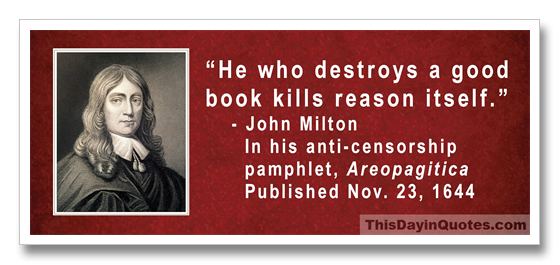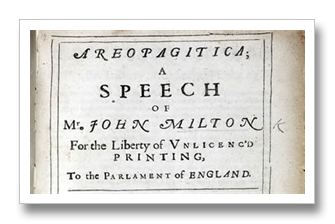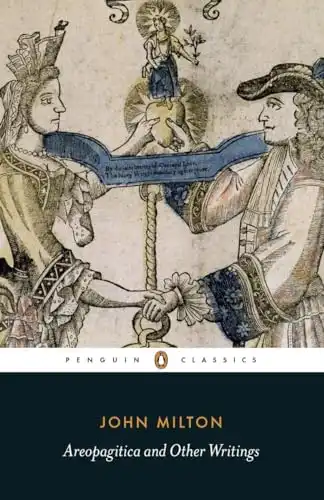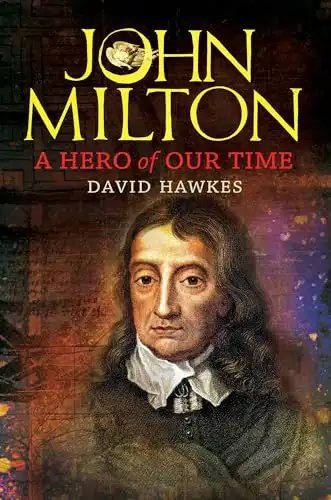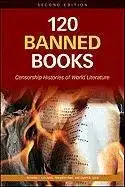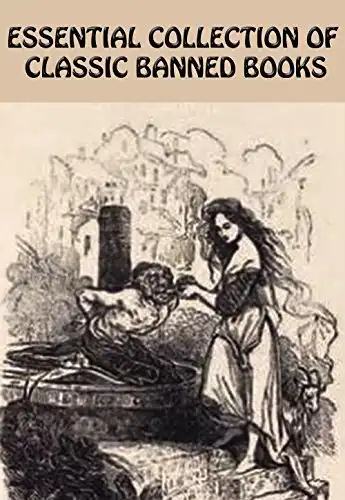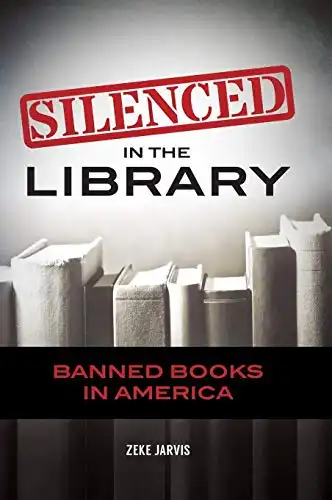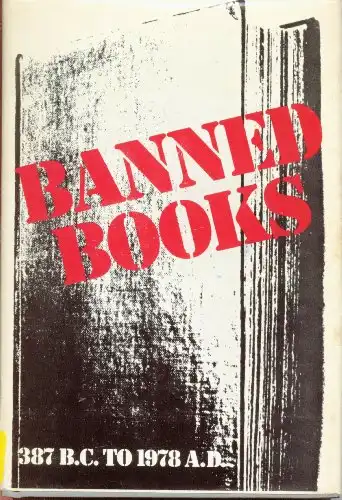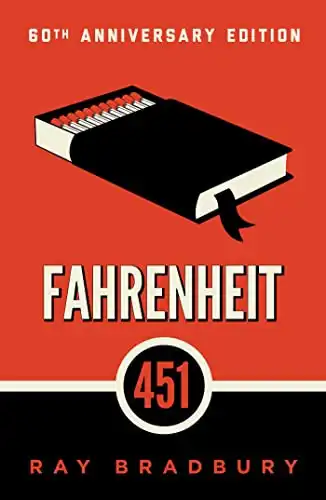In the 1630s, England’s infamous “Star Chamber” (sort of a politically-oriented version of the Spanish Inquisition) banned the printing or sale of “any seditious, scismaticall, or offensive Bookes or Pamphlets.”
The Star Chamber was abolished in 1641.
But two years later, the British House of Commons passed a new censorship law.
Although it was called a book “licensing” law, it was more about limiting free speech and creating publishing monopolies for politically-connected publishers than it was about protecting the rights of authors (or readers).
Books deemed to be in violation of the “Licensing Order of 1643” were seized and destroyed. And, the writers, printers and publishers of those books faced prison sentences.
This angered England’s great poet John Milton and inspired him to write a “speech” urging more liberal publishing laws.
The full title of the printed version was Areopagitica; A Speech of Mr. John Milton For the Liberty of Unlicens’d Printing, To the Parlament of England. (The complete text is online here.)
Now generally referred to as Areopagitica for short, it was first published, in pamphlet form, on November 23, 1644.
Milton’s Areopagitica is among the most famous historical documents advocating freedom of the press ever written. (The title alludes to the ancient Greek judges of Areopagus.)
One line in it is still frequently quoted today and included in many books of quotations:
“As good almost kill a man as kill a good book: who kills a man kills a reasonable creature, God’s image; but he who destroys a good book kills reason itself.”
Milton’s eloquent words failed to persuade Parliament to change its book “licensing” and censorship regulations. They remained in effect until 1694, 20 years after Milton’s death.
Of course, in the centuries since then, censorship of books has significantly and steadily decreased, at least in the United Kingdom, the United States and other Western democracies.
But even in those countries efforts to ban books from public libraries has continued.
For example, during the first decade of the 21st Century, the American Library Association documented more than 4,000 attempts to have various book removed from local libraries here in the US.
Some modern self-appointed censors want to ban books that conflict with their religious or political views. Some want to block access to books they deem “pornographic.”
Other reasons given for requesting books to be banned from American libraries in recent years include things like sexism, “anti-family” content and uses of the N-word, one of the common complaints lodged against Mark Twain’s classic novel Huckleberry Finn.
In fact, the targets of people and groups who want to ban books at their local libraries include many major literary classics, such as:
The Great Gatsby by F. Scott Fitzgerald
The Grapes of Wrath by John Steinbeck
To Kill a Mockingbird by Harper Lee
The Color Purple by Alice Walker
1984 by George Orwell
Of Mice and Men by John Steinbeck
Catch-22 by Joseph Heller
Brave New World by Aldous Huxley
The Sun Also Rises by Ernest Hemingway
Gone with the Wind by Margaret Mitchell
One Flew Over the Cuckoo’s Nest by Ken Kesey
For Whom the Bell Tolls by Ernest Hemingway
The Call of the Wild by Jack London
You can read a longer list of examples on the “Banned & Challenged Classics” page of the ALA’s website.
If John Milton were still around to see that list, I’m pretty sure it he be angered again.
* * * * * * * * * *
Comments? Corrections? Questions? Email me or post them on my Famous Quotations Facebook page.
Related reading…


